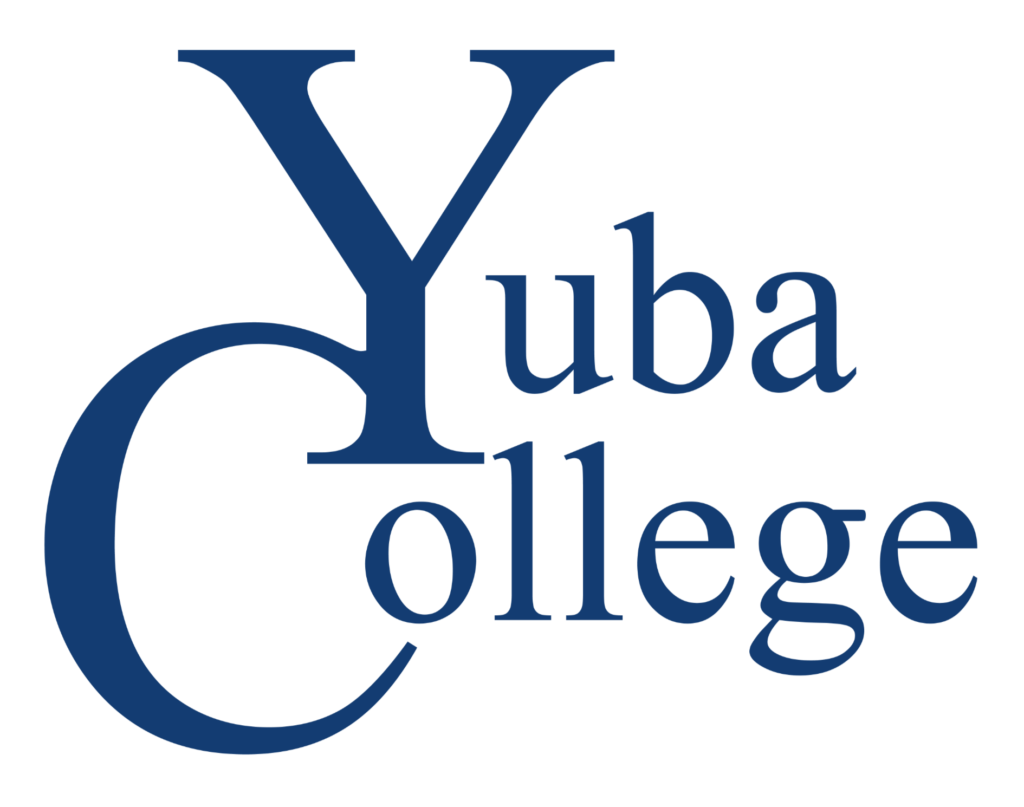The Purposes of Program Review:
Program Review, whether for instructional programs or student services and support programs, is a way for us to understand how to improve what we do. If conducted thoroughly, program review can be a powerful way for us to help more students reach their educational goals. Program review is designed to help us:
- Engage in continual self-evaluation and reflection. This will help us understand what’s working and what’s not working and inform strategic changes that will foster more student success.
- Assess how our efforts are affecting student learning so that we can continually improve the ways we help them learn.
- Analyze and prioritize what resources we need to help us in our endeavors.
ACCJC requires that program review include program curricular review and analysis of the impact on educational quality and student success. Specifically, program review should include a comprehensive and meaningful analysis of data with emphasis on disaggregated enrollment, program completion, success trends, and instructional delivery modes. These should be part of an ongoing process of self-evaluation. The “Program Self-Evaluation and Reflection” section of the Yuba College Program Review fulfills this function.
ACCJC also requires that program review include evidence that SLO assessment data are used for institutional self-evaluation, planning, and improvement of teaching and learning. The “Program SLO” and “Program SAO” sections of the Yuba College Program Review fulfill this function.
Finally, ACCJC requires that regular program review forms the basis of institutional improvements and other actions. Specifically, there must be a connection between program reviews and the budgeting and resource allocation process. The “Program Recommendations” section of the Yuba College Program Review fulfills this function.
